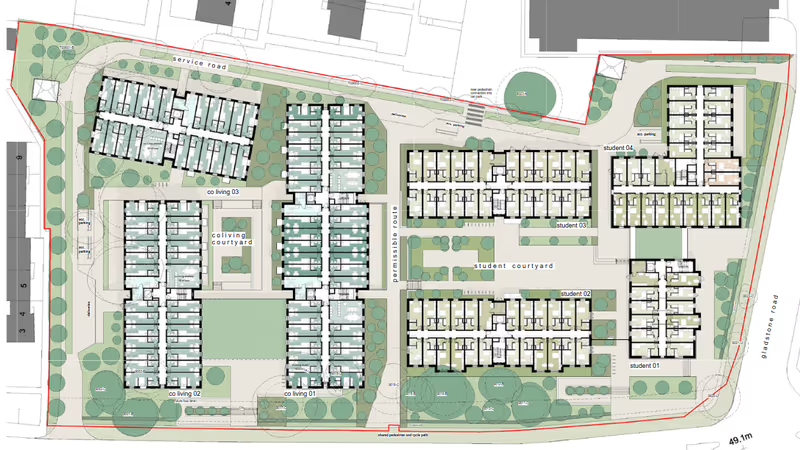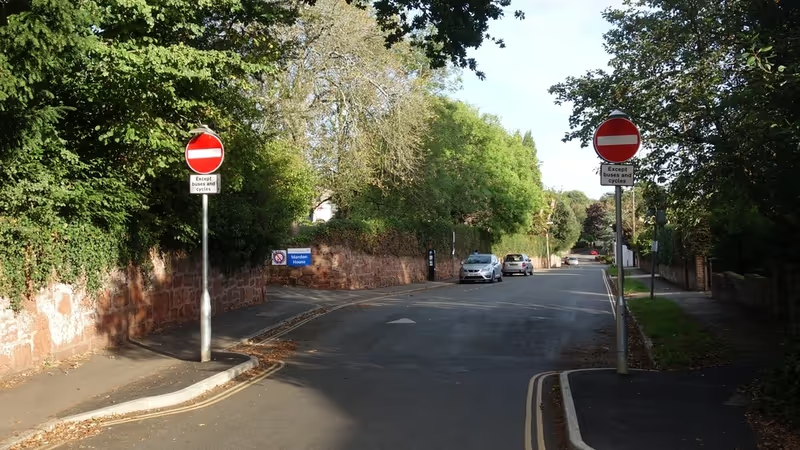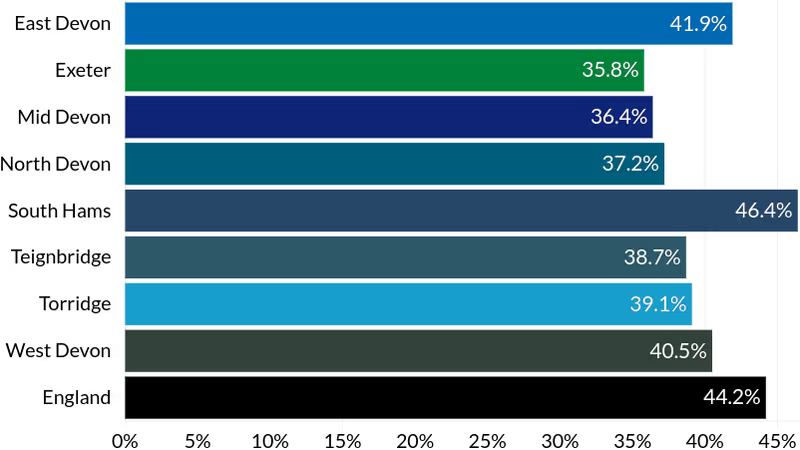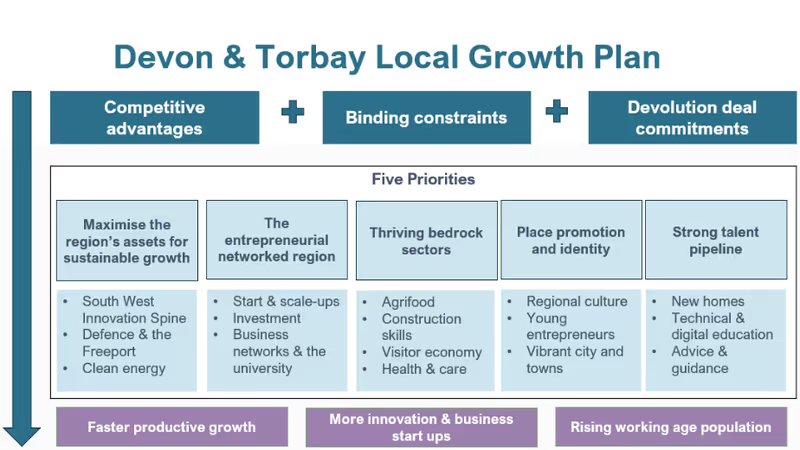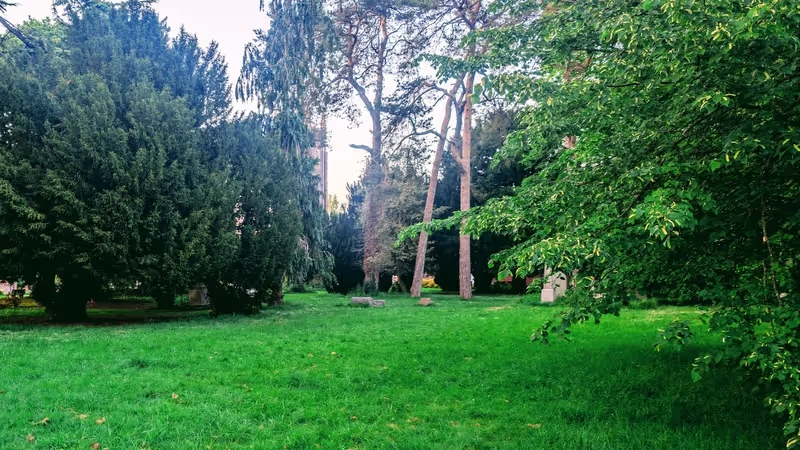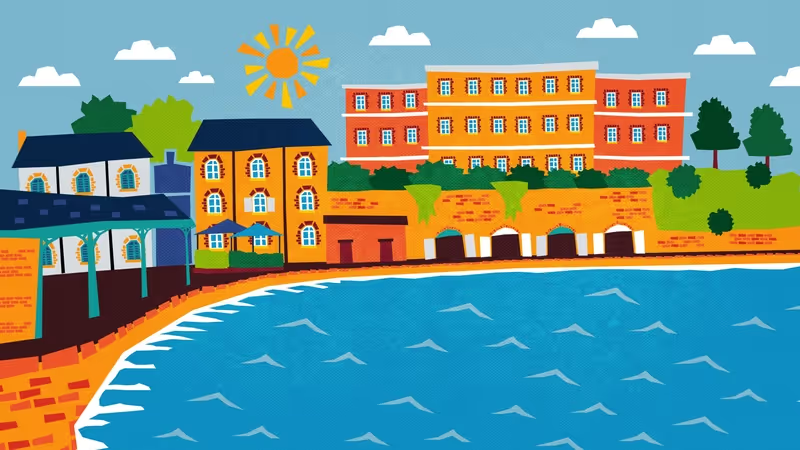Maintenance – the property upkeep variety, not post-divorce payments – is seldom glamourous or even interesting. It is readily overlooked by politicians and bureaucrats whose careers are advanced by being seen to innovate. A brand new play facility and its attendant publicity gets more brownie points than the unnoticed activity of preventing an old one from falling apart.
Every so often, however, the past hits the present with an unpleasant surprise, commonly in the form of a whopping bill.
Past reality hit Exeter City Council’s senior politicians in just this way at an Executive meeting in October last year. A report on corporate asset maintenance presented lead councillors with a long list of council assets – mostly buildings – that had not been properly maintained over the previous ten years or more.
The bottom line was a proposal to spend £37.5 million over the next four years to put things right. The alternative was to let the assets decay even further with loss of income, or closure, or even demolition as a response to the inevitable resulting health and safety issues.
The neglected assets identified for priority action in the condition survey, with estimated repair costs, included Exeter Guildhall (£852,192), the Corn Exchange (£744,554) and the Matford Centre (£441,897). A total of just over £19 million for repairs to city council car parks was also included.
Faced with this assessment, senior councillors had little choice but to agree to the spending, even though the finance director (who is also the Section 151 officer) said in the report that the sum would be unaffordable unless it was part-funded by the sale of assets. The council subsequently told us that a review of suitable saleable assets would be complete by summer 2021.
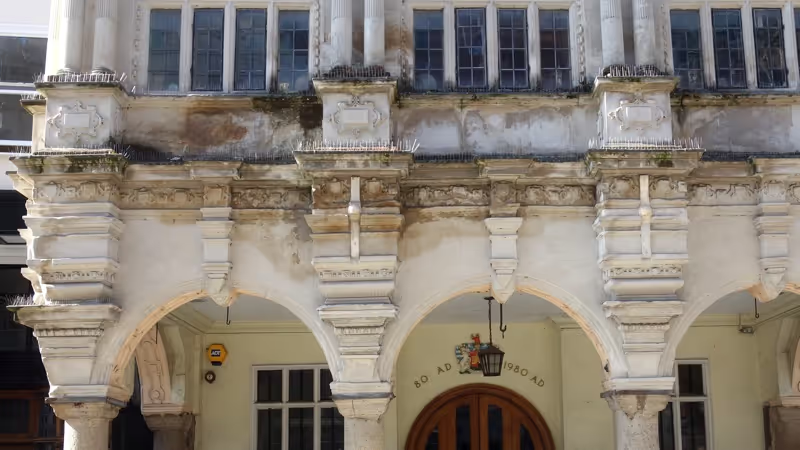 Exeter Guildhall needs repairs costing £850,000
Exeter Guildhall needs repairs costing £850,000
It is worth reflecting on how matters reached this state.
In the private session of an Executive meeting in July 2014 councillors heard proposals for a “more co-ordinated approach” to the newly-established council Corporate Property Unit which would “ensure the service was also fit for purpose with a focus on more efficiency and effective delivery of the maintenance spend”.
Notwithstanding this decision, the city’s Corporate Asset Manager reported last October, just six years later, that the “condition of the council’s corporate property and engineering assets has been declining for many years due to a lack of investment to keep assets fit for purpose and protect income”.
He said: “The legacy position of the council has been to repair property only when it fails. Responding only to failure causes unmanaged operational impact and presents risks to users of the building and the general public and gives rise to claims from leaseholders.”
The £37.5 million package of measures intended to address the decline is made up of three elements:
- A condition survey backlog, where maintenance needs to be carried out prior to degradation increasing in quantity and severity. Cost £4.94 million.
- Current property maintenance requirements, to ensure assets remain safe, achieve improved performance or guard the council against excessive additional costs. Cost £21.85 million.
- Engineering asset maintenance requirements, to ensure assets remain safe, achieve improved performance or guard the council against excessive additional costs. Cost £10.74 million.
However the £37.5 million total is likely to rise because, as officers warned, these costs, which are estimates, may increase once the work is put out to tender, and because the council’s leisure facilities have not yet been surveyed following their return to council management from a private contractor.
Last October’s report noted that there had been concern back in 2015 about a backlog in carrying out asset condition surveys, a problem presumably identified by the then-new Corporate Property Unit. Scrutiny of city council Executive meeting minutes gives no indication that this concern was flagged to councillors at the time.
When we asked about the length of time before firm action was taken, the council said: “Critical maintenance was continued and any safety-related tasks, or tasks which if not carried out would have led to further deterioration, were completed during that time.
“Assets continued to be condition surveyed to get the whole picture of asset condition and allow prioritisation of resources.”
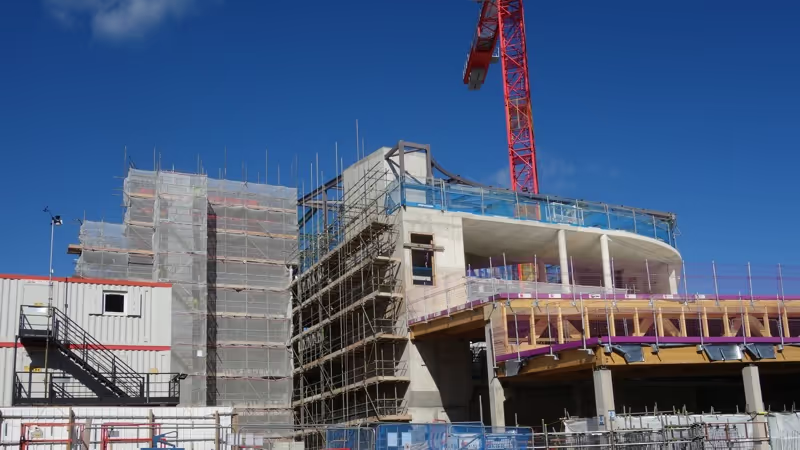 The £44 million St Sidwell’s Point leisure centre under construction
The £44 million St Sidwell’s Point leisure centre under construction
The purest expression of a council’s intentions lies not in party election manifestos, nor in press releases, tweets and videos, nor in promises to constituents. It lies in the annual budget that it adopts as part of the process of setting council tax levels.
The legal requirement on local authorities to set a balanced budget is intended to ensure that they do not live beyond their means. There is never enough money to do everything people want their councils to do. Consequently, councillors are forced to decide what is more important to them: the new play area or the five-yearly repainting schedule for the existing swings.
Since October 2012, when Exeter City Council’s Executive green-lighted initial development work in private session, the council’s capital spending plans have been dominated by the need to pay for what we now know as St Sidwell’s Point, the new leisure centre on the bus station site.
The leisure centre project was delayed against its initial programming, as is the case with many large capital schemes. It was not helped by councillors deciding in August 2015 to adopt an “enhanced” version of the original scheme, with attendant increased costs.
In late 2018, when tenders to build the leisure centre had been received – thus exposing the planning cost assumptions to market realities – the budget for the project had risen to £43.8 million, more than double the initial £19.4 million cost agreed in December 2014.
Payments to the newly-appointed contractor, Kier Construction, began in October 2018. Construction commenced in January 2019, with major payments to Kier starting from that date.
Because of all the delays, capital budgets for the project which had been approved in previous annual budgets were not spent in full. Although in-year changes to capital programmes are a common feature of budgetary management, it appears that the slack arising from delays to the leisure centre was not applied, as it could have been, to the maintenance backlog.
In that sense, the decline in the condition of the council’s assets is collateral damage caused by St Sidwell’s Point. The leader of the council, Phil Bialyk, stressed at last October’s meeting that he did not “want this to come across that somehow the authority has been negligent over a period of time”. Although that statement falls somewhat short of ruling out past negligence, it does not acknowledge that the council made choices in budget-setting which provided insufficient funds for the maintenance of its assets.
The council denies that St Sidwell’s Point was a contributing factor to its maintenance problems. When we asked whether the absence of investment in maintenance had been caused, wholly or partially, by the decisions to spend capital funds on constructing St Sidwell’s Point, the council replied: “No, there is no link between the two – the two are decided entirely separately.”
As there is only a single pot of capital funding which has to be divided between competing projects, we leave the reader to make up their own mind. Has the council chosen a glamourous new leisure facility over the less newsworthy responsibility of preventing its existing asset portfolio from falling apart? Perhaps its starring role in no fewer than four city council press releases in the past three weeks provides a clue.
